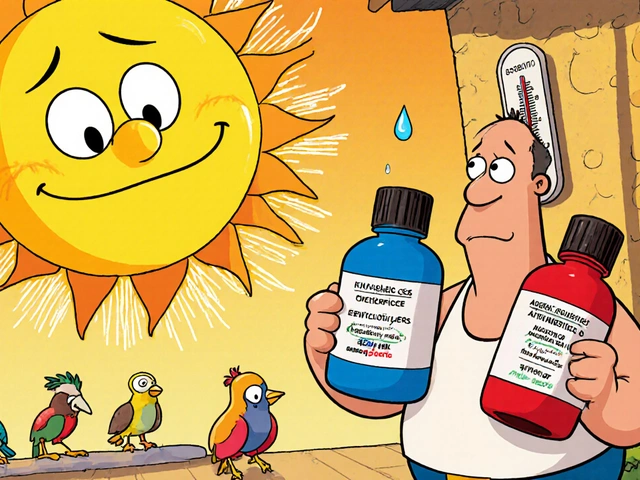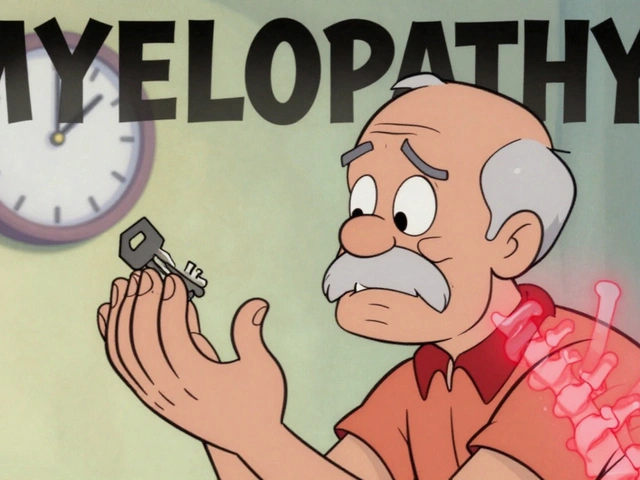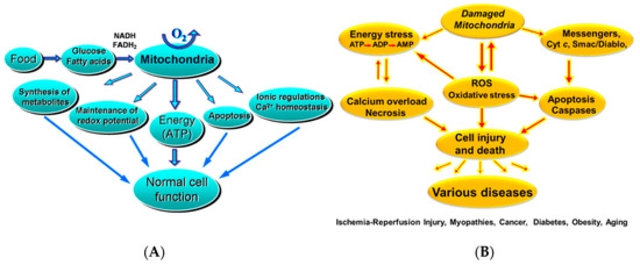Anabolic Steroids: What They Are and What to Watch For
Anabolic steroids are synthetic versions of testosterone. Doctors use them for certain medical problems: low testosterone, some wasting conditions, and specific hormonal disorders. Outside of medicine, people use them to speed up muscle gain and recovery. That faster change sounds tempting, but steroids carry real health risks and legal issues you should know about before making any choice.
Medical uses and how they work
Steroids work by binding to hormone receptors in muscle and other tissues to boost protein building. Common names you’ll hear are testosterone, nandrolone, and stanozolol. Some come as injections, others as pills or gels. In a medical setting doctors choose dose, form, and monitoring based on your condition. If you have a diagnosed hormonal issue, a trained clinician will check blood levels, set a plan, and run follow-up tests to watch for side effects.
If you’re thinking about steroids for performance, remember medical doses and goals differ from what’s used in sport or bodybuilding. That gap increases risk—higher doses and longer cycles raise the chance of problems like liver strain (especially with certain oral forms), bad cholesterol shifts, and blood pressure increases.
Risks, legal issues, and safer options
Short-term side effects can include acne, oily skin, mood swings, and fluid retention. Longer use can shrink testicles, lower natural testosterone production, reduce sperm count, and raise the risk of heart disease. Women may notice deeper voice, excess facial hair, and menstrual changes. Teens who use steroids risk stunting growth. Some oral steroids stress the liver more than injectables. Withdrawal and dependence are real — many users report fatigue, low mood, and cravings when they stop.
Legally, many countries classify anabolic steroids as prescription-only. Buying them without a prescription, importing them, or using them in sport can lead to criminal charges or bans from competition. That black-market route also raises the chance of fake or contaminated products.
If you’re curious about safer choices, start with basics: consistent strength training, a diet that supports muscle (adequate protein and calories), sleep, and smart recovery. Evidence-backed supplements like creatine, vitamin D if you’re low, and optimized protein intake can help gains without the risks. If you have a medical reason to consider hormone therapy, see an endocrinologist or sports medicine doctor and get baseline blood work: testosterone, liver enzymes, lipid panel, and blood pressure checks.
Finally, if someone is already using steroids, harm reduction matters. Get regular blood tests, avoid unknown lab-made products, don’t mix multiple substances without medical oversight, and seek help if mood or physical issues appear. Reliable info comes from medical groups (endocrinology societies), government health sites, and peer-reviewed research—not forums or unverified sellers. Talk to a clinician before you act—your health is worth that extra step.




